Smallpox and yellow fever vaccinations should not be given to women who are currently breastfeeding. Both vaccine viruses have been transmitted to infants from breastfeeding mothers and caused adverse events1. However, these vaccines are not routinely recommended to the general population in the United States. Other vaccines that are currently routinely recommended for the general population in the U.S.0F* do not affect the safety of breastfeeding for women or their infants.
According to the ACIP’s General Best Practice Guidelines for Immunization 1:
“With 2 exceptions, neither inactivated nor live-virus vaccines administered to a lactating woman affect the safety of breastfeeding for women or their infants. Although live viruses in vaccines can replicate in the mother, the majority of live viruses in vaccines have been demonstrated not to be excreted in human milk. Varicella vaccine virus has not been found in human milk. Although rubella vaccine virus has been excreted in human milk, the virus usually does not infect the infant. If infection does occur, it is well tolerated because the virus is attenuated. Inactivated, recombinant, subunit, polysaccharide, and conjugate vaccines, as well as toxoids, pose no risk for mothers who are breastfeeding or for their infants. Breastfeeding is a contraindication for smallpox vaccination of the mother because of the theoretical risk for contact transmission from mother to infant. Yellow fever vaccine should be avoided in breastfeeding women, because 2 cases (one confirmed, one probable) of yellow-fever vaccine associated acute neurotropic disease (YEL-AND) have been detected in infants whose mothers were vaccinated but were not vaccinated themselves. In both infants, vaccine virus was recovered from the cerebrospinal fluid of the infant, but the exact mode of transmission was not precisely determined because vaccine virus was not recovered from breast milk. However, when nursing mothers cannot avoid or postpone travel to areas endemic for yellow fever in which risk for acquisition is high, these women should be vaccinated.
Limited data indicate that breastfeeding can enhance the response to certain vaccine antigens. There are no data to suggest that passive transfer of antibodies in human milk can affect the efficacy of live-virus vaccines. Breastfed infants should be vaccinated according to the recommended schedule.”
References
1. Kroger AT, Duchin J, Vázquez M. General Best Practice Guidelines for Immunization. Best Practices Guidance of the Advisory Committee on Immunization Practices (ACIP). Accessed October, 2017. https://www.cdc.gov/vaccines/hcp/acip-recs/general-recs/index.html
* These conclusions do not necessarily consider vaccines recommended only for special populations in the United States such as Yellow Fever vaccine (international travelers) or Smallpox vaccine (military personnel), or vaccines no longer recommended to the public such as the Janssen (J&J) COVID-19 vaccine.

